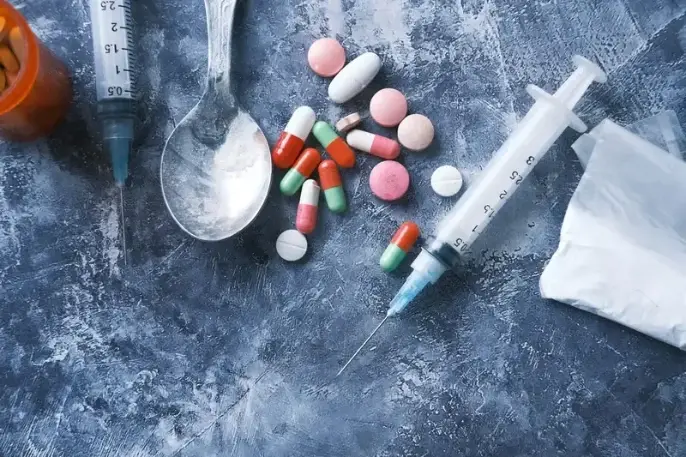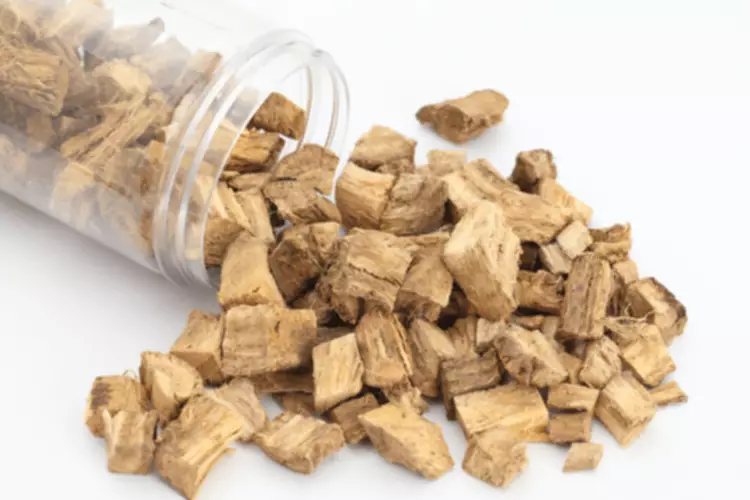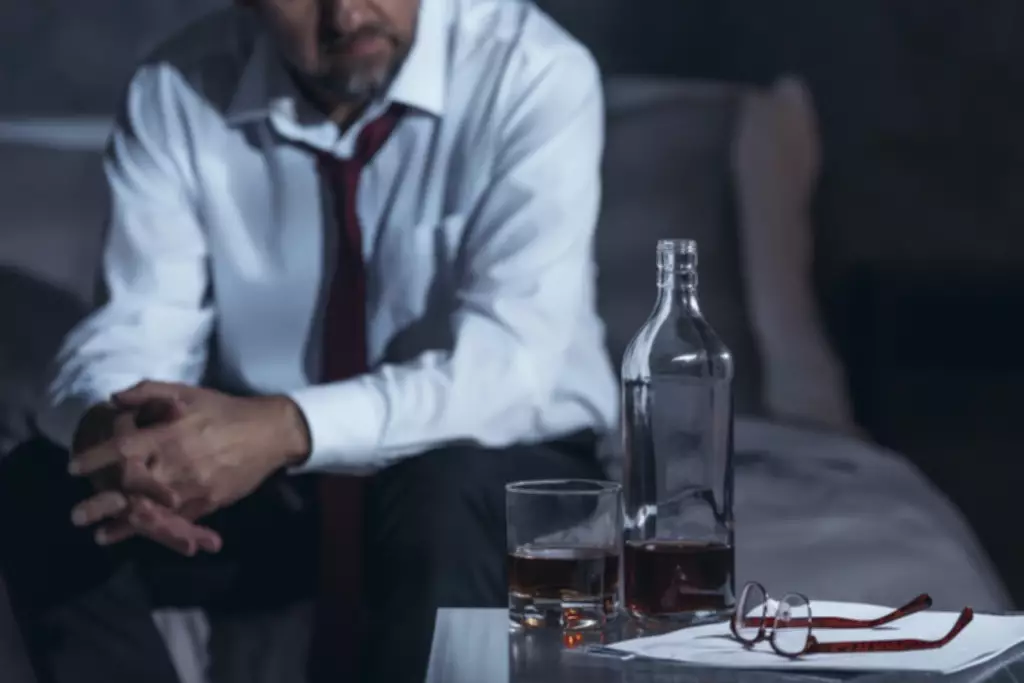
Integrated treatment that addresses both disorders is important to begin recovery.Treatment for co-occurring PTSD and alcohol use disordersmay include bothindividual therapy and group therapy. Medication is available to assist with PTSD symptoms that can cause setbacks like intrusive nightmares. A team of professionals at The Recovery Village can assist in designing a comprehensive treatment plan to suit someone’s specific disorders.
- Seeking professional help is paramount for individuals struggling with co-occurring PTSD and alcohol use disorder.
- Explore student opioid addiction rehab pathways and discover effective treatments and support for recovery.
- These can be extremely distressing and make the individual feel as if they are reliving the trauma repeatedly.
- It’s a spectrum of drinking behaviours that encompass everything from occasional binge drinking to daily consumption that negatively impacts one’s life.
Behavioral Treatments for PTSD
- Substance abuse, particularly alcohol and drugs, can also increase the risk of developing PTSD.
- Finally, AUD and PTSD are two of the most common mental health disorders afflicting military service members and veterans.
- Interventions for couples show promise for treating co-occurring PTSD and AUD.
Incorporating spirituality into treatment protocols shows promising benefits across diverse populations. Notably, studies suggest that those who engage in spiritual practices during recovery report lower relapse rates and longer periods of sobriety. Co-occurring AUD and PTSD is a public health concern, especially among active military service members and veterans, as well as victims of violence and sexual assault. Alcohol use disorder (AUD) is a chronic, relapsing brain disease characterized by a reduced ability to stop or control alcohol use despite negative social, work, or health consequences.

How Alcohol Exacerbates Symptoms
Many additional problems arise when someone with PTSD drinks, from worsening symptoms to less effective treatment. It is important to understand this connection and to seek professional, effective mental health treatment for PTSD instead of turning to alcohol. The Recovery Village aims to improve the quality of life for people struggling with a substance use or mental health disorder with fact-based content about the nature of behavioral health conditions, treatment options and their related outcomes. We publish material that is researched, cited, edited and reviewed by licensed medical professionals. The information we provide is not intended to be a substitute for professional medical advice, diagnosis or treatment. It should not be used in place of the advice of your physician or other qualified healthcare provider.

Start Your Journey to Recovery with Arista Recovery
Maybe you even feel the urge to drink to help you forget these stressful memories or help you fall asleep. Alcohol may offer short-term relief from PTSD symptoms, but it tends to exacerbate them in the long run. In the short term, alcohol may reduce anxiety or help with sleep, but over time, it can make PTSD symptoms like depression, hypervigilance, and sleep problems worse. Alcohol dependence also harms physical health, causing issues like liver damage, heart disease, and a weakened immune system. People with PTSD try to avoid anything that reminds them of their trauma, and alcohol helps them avoid painful emotions.
Fibromyalgia and Trauma: The Intricate Connection and PTSD’s Role in…
In fact, there are treatment options available that can help with both PTSD and alcohol abuse simultaneously, some of which you can access from the comfort of your own home. Experiencing childhood trauma can put a person on a path that leads to a host of negative outcomes, including alcohol abuse. Research finds that childhood trauma and alcoholism are closely related, with victims of childhood trauma being up to seven times more likely to struggle with alcohol use. Research consistently demonstrates a strong association between PTSD and alcohol misuse. For example, the National Institute on Alcohol Abuse and Alcoholism (NIAAA) found that people with PTSD are 2 to 4 times more likely to have alcohol use problems than the general population.

PTSD and Alcohol Abuse in Veterans
This relationship between trauma and substance abuse is not merely coincidental but often deeply intertwined, with each condition potentially exacerbating the other. Research demonstrates that people with PTSD have a much higher likelihood of encountering alcohol problems compared Drug rehabilitation to those who do not suffer from PTSD. About 50% of people seeking help for PTSD also struggle with alcohol abuse, and 75% of abuse or trauma survivors report alcohol issues. This strong connection shows the importance of treating both conditions together.

How we reviewed this article:
However, this relationship was not demonstrated with significance among veterans who had more severe PTSD symptoms. The presence of two to three symptoms indicates mild AUD, four to five symptoms indicate moderate AUD, and six or more symptoms indicate severe AUD. Preventing the development of PTSD and alcohol abuse is crucial, and there are various strategies individuals can employ to protect their mental and physical well-being.
It should be noted that while these studies assessed PTSD symptoms, the main outcomes were alcohol use outcomes. This may include family members, friends, support groups, and mental health professionals. Support groups specifically tailored for individuals with co-occurring PTSD and substance use disorders can provide a sense of community and shared understanding. For those who have experienced trauma related to parental alcoholism, specialized support groups can offer valuable resources and understanding. Shattered by trauma and drowning in alcohol, countless souls find themselves ensnared in a harrowing dance between past horrors and present addiction.
Finally, given the heterogeneous nature of AUD120 and the complex etiology, course, and treatment of both AUD and PTSD, studies that examine commonalities underlying effective behavioral treatments are essential. Participants are encouraged to obtain a sponsor who will serve as a source of practical advice and support ptsd and alcohol abuse during recovery. These interventions are flexible and can be applied in individual or group therapy formats. The link between PTSD and substance use disorder (SUD) is strong, as those with PTSD are more likely to engage in substance abuse. The stress and anxiety that result from traumatic events often lead people to self-medicate with substances, including alcohol, to dull their emotional pain.
It affects people of all ages, genders, and backgrounds and can manifest in various ways. Discover essential substance use disorder helplines for compassionate support and effective treatment options. Explore Lindsay Lohan’s drug addiction & alcohol abuse journey, from struggles to recovery. The spiritual perspective of addiction fundamentally views the issue as a disconnection from a higher power or purpose.
